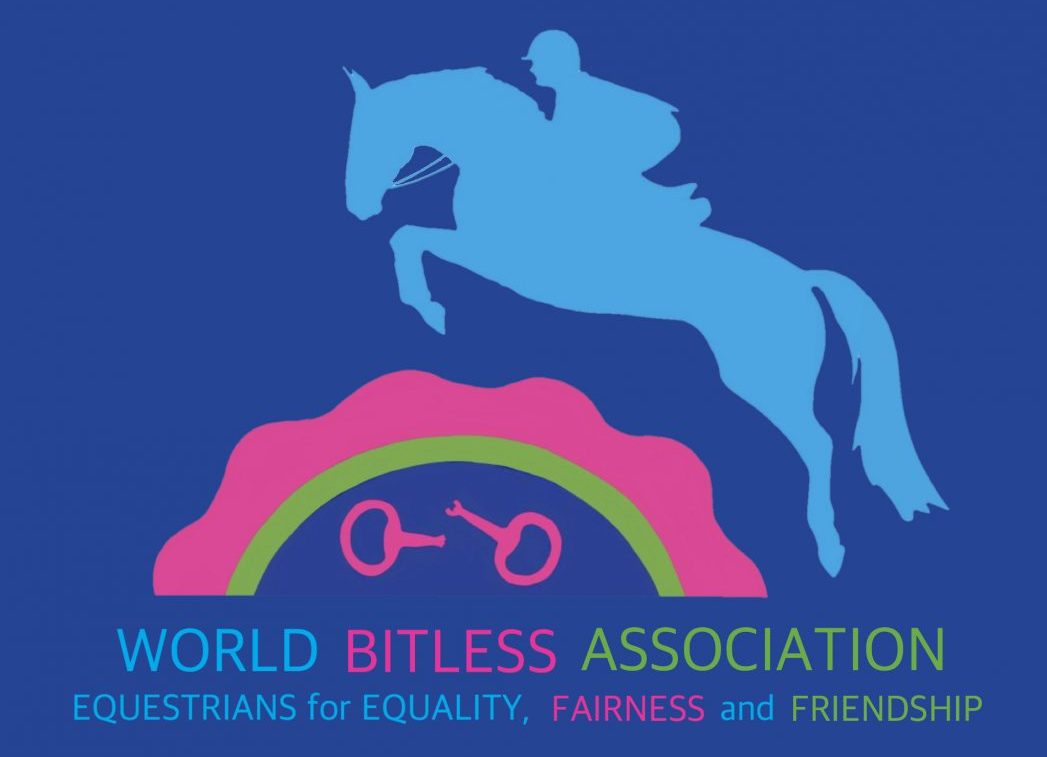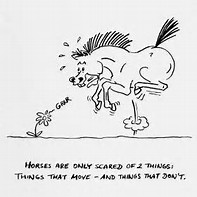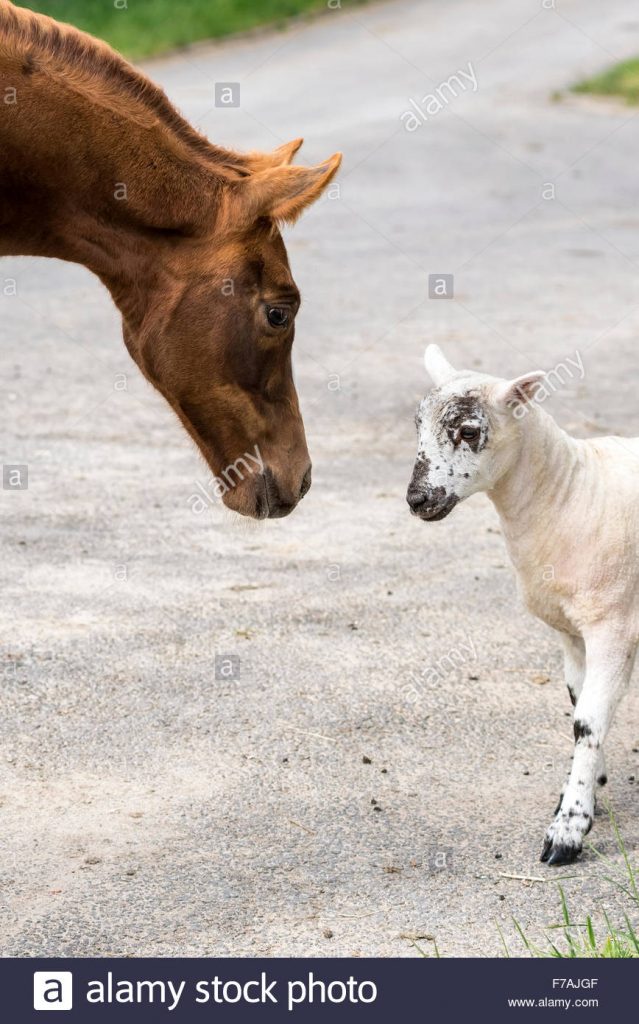
An insight into the Brain Systems at work in our horses and pets generally.
Proven Science based information is the best standard to work from when it comes to understanding Horse Behaviour. However, it is constantly evolving and expanding as we learn more. The ability to accept self-correction as trainers is a massive thing. When we realise that something you have always taught has been disproved completely, altered in ways that compromise what you had previously thought
was right or true or been improved with more depth, then it is up to us to be able to “Stay on our toes”. As trainers and teachers, we need to be prepared to move forwards with the Science of Animal Learning and Behaviour.
I know that the horse world is still full of mythical fog. Training techniques have stayed in tradition because that is the way it has always been done- however ethical training practice is so to the fore in everything one must be prepared to re-evaluate oneself and the choices you make in approaching training. I watched a Gun dog trainer on you tube the other day pick an over excited Spaniel up by its ears and shake it because it would not stay in “sit, wait”. The use of positive punishment (P+) has been proved to create fear. Is harnessing the brain’s fear system really the best way to train any animal? Will the animal want to repeat a desired behaviour trained by punishment? Chances are it will become worse – The learner will want to escape training or avoid that environment. It may well learn your desired behaviour in order to avoid the punishment but it will never volunteer great connection, trust and partnership because the animal will become subdued/supressed or enter learned helplessness. Horse training is no different from any other form of animal training.
All behaviour has a function to the animal…. you need to ask what is the animal gaining through performing an unwanted behaviour. Emotions drive behaviours and are shaped through hormones. The mammalian brain has been mapped into several brain systems. All behaviours stem from innate brain function systems. Some behaviour’s are really reinforcing in their own right, the best example being play (Play System)which is feels good. Just like seeking (the Seeking System) and exploration seen in youngsters of any animal including us humans, which feels good. The Fear System is all about losing life, the fear of dying. It creates flight behaviours or freeze. Ever known that one yourself by chance? It feels bad! The Rage System is triggered by force or restriction and produces attack and anger. (Male dominance is indicated here.) Rage feels really bad! The Panic System has now been renamed the Griefsystem and is triggered by social loss, being separated from bonded partners. Ever lost your child in a crowd? You panic and the child panics. Panic causes vocalising in all species capable of vocalisation. It Feels bad! The Care System is maternal care, friendships and social bonding, feels good but can trigger Grief if separated. The Lust system is the hormones driving the animal to find a mate and can cause very real frustration if not allowed so it can feel good or bad depending on the outcome!
We are no different from the animals and horses in our care. We all are ruled by innate brain function and systems which can get all mixed up all at the same time depending on the environmental triggers present in at that particular moment in time…..all fascination stuff and food for thought!
Next time your horse misbehaves, take a minute to look at exactly what is happening and what the trigger was/is. Understand how the horse is feeling and see what you can do to bring back calm and relaxed and please avoid the use of P+. See if you could change the ask and set the horse up to succeed instead of fail.
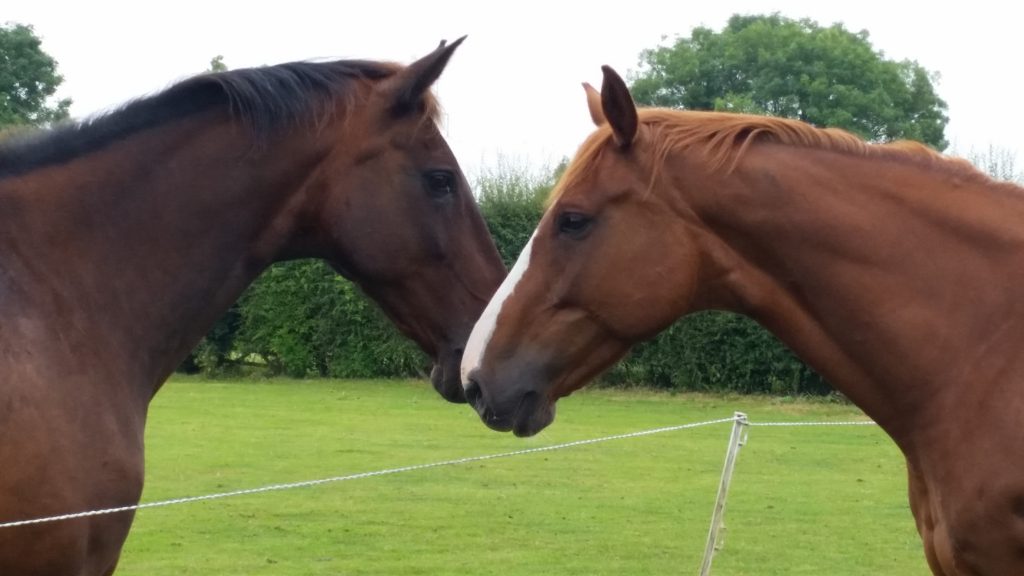
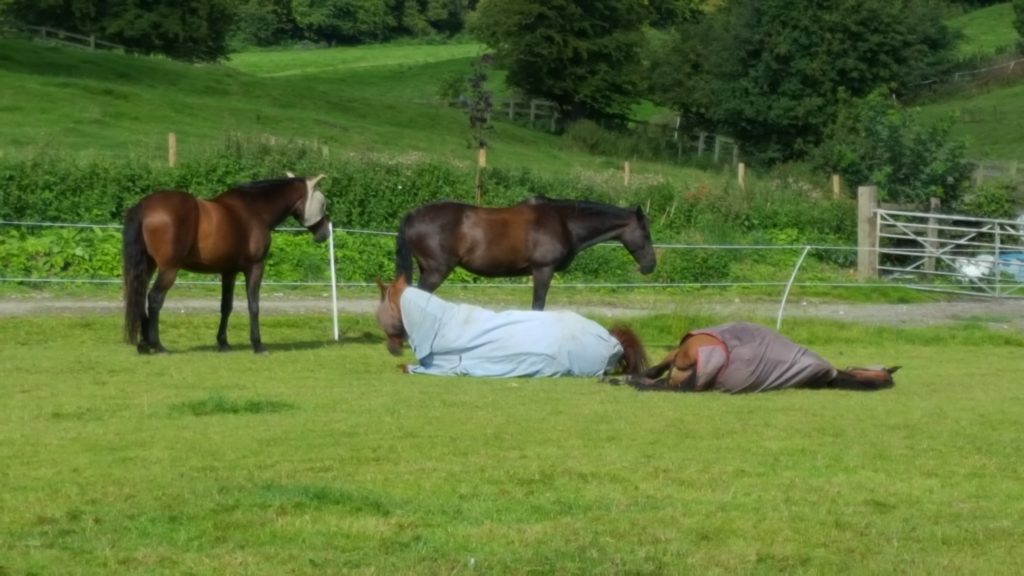
Credit Melanie.S.Watson
Equine Behaviour Consultant,Trainer and Mentor
www.instinctivehorsetraining.co.uk
IAABC International Association of Animal Behaviour Consultants
ABMA Animal Behaviour Management Alliance
PPG Pet Proffessional Guild British Isles
